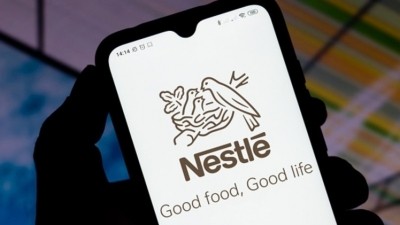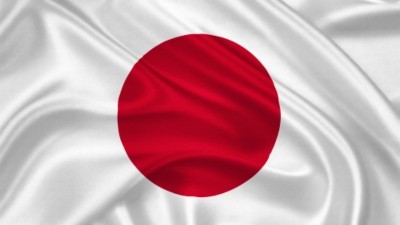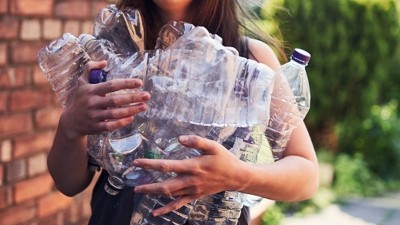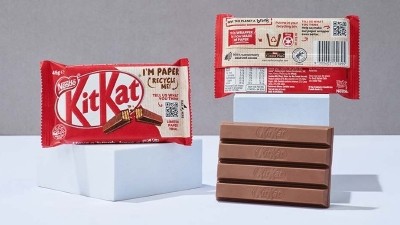Safe for second use: South Korea approves recycled PET as material for new food and beverage containers
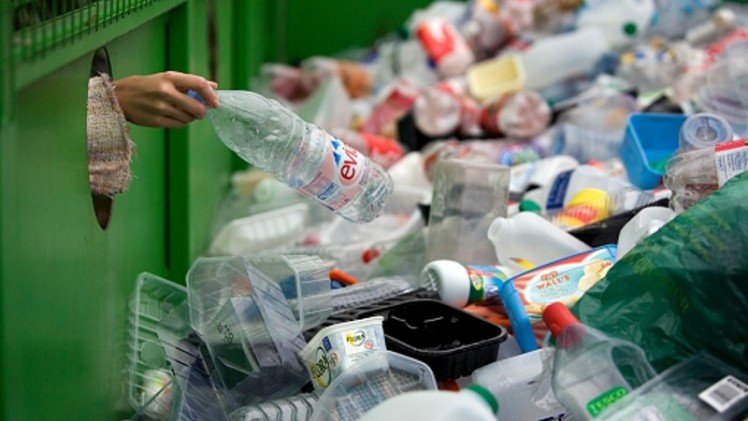
The South Korean government has been proactively pushing its sustainability goals to reduce its plastic waste production by half, as well as more than double recycling rates from 34% to 70% by 2030.
Given the latter target, it has unsurprisingly been particularly active in promoting recycling initiatives.
Back in 2020, the Ministry of Environment (MoE) announced the banning of hard-to-recycle plastics such as coloured PET from the recycling system in order to gain better control over the entire plastic recycling value chain.
This was followed by a number of other regulatory measures such as updating national standards to define items as recyclable.
In the latest addition to its repertoire of recycling-related regulatory updates, the government has announced that from January 2023 recycled PET has been approved as a raw material to be used to make new food and beverage containers for use within the food and beverage system.
“This is the first time in South Korea’s history that recycled PET obtained from used transparent plastic bottles or containers can be used in the manufacturing of new food and beverage containers,” South Korean Minister of Food and Drug Safety (MFDS) Oh Yoo-kyung said via a formal statement.
“This is only limited to PET (polyethylene terephthalate) that has undergone a physical recycling process and not a chemical one, and MFDS believes that this will help South Korea to build a circular economy by promoting resource circulation.”
Physical recycling processes do not involve any chemical changes, e.g. removing impurities after separating, collecting, sorting, grinding, and then washing; as opposed to chemical recycling processes which would see the used PET undergo decomposition and purification via chemical reactions.
“To date, about 300,000 tons of recycled PET raw materials are being recycled as industrial materials [and from this] at least 100,000 tons or about 30% are expected to be recycled as food containers annually,” Oh added.
“MFDS has drawn out the necessary safety standards to ensure that the physically recycled raw materials can be safely used to make new food containers, in accordance with international trends to expand recycling efforts towards realising carbon neutrality.”
Keeping up with international standards
MFDS also highlighted that various international food multinationals are already in the process of utilising recycled PET as a material to make new packaging as part of their ESG efforts and to hit their various sustainability commitments.
“We are already seeing major global food and beverage companies such as Coca-Cola, Pepsi, and Nestle gradually expanding their use of recycled raw materials [in their packaging innovation],” Oh said.
“This is [in line with the] policies and national targets in place in various other international markets to expand the use of recycled raw materials in food container manufacturing, such as Europe and the United States.
“For instance, in the EU beverage bottle production aims to use at least 25% recycled raw materials by 2025 and at least 30% by 2030; whereas in some US states like California the aim is to use at least 50% of recycled raw materials for packaging production by 2030.”
South Korea can also expect to see its first locally produced packaging made with recycled PET soon, as MFDS data indicates that a local firm has already applied and received approval for its proposed recycled raw material and processing.
